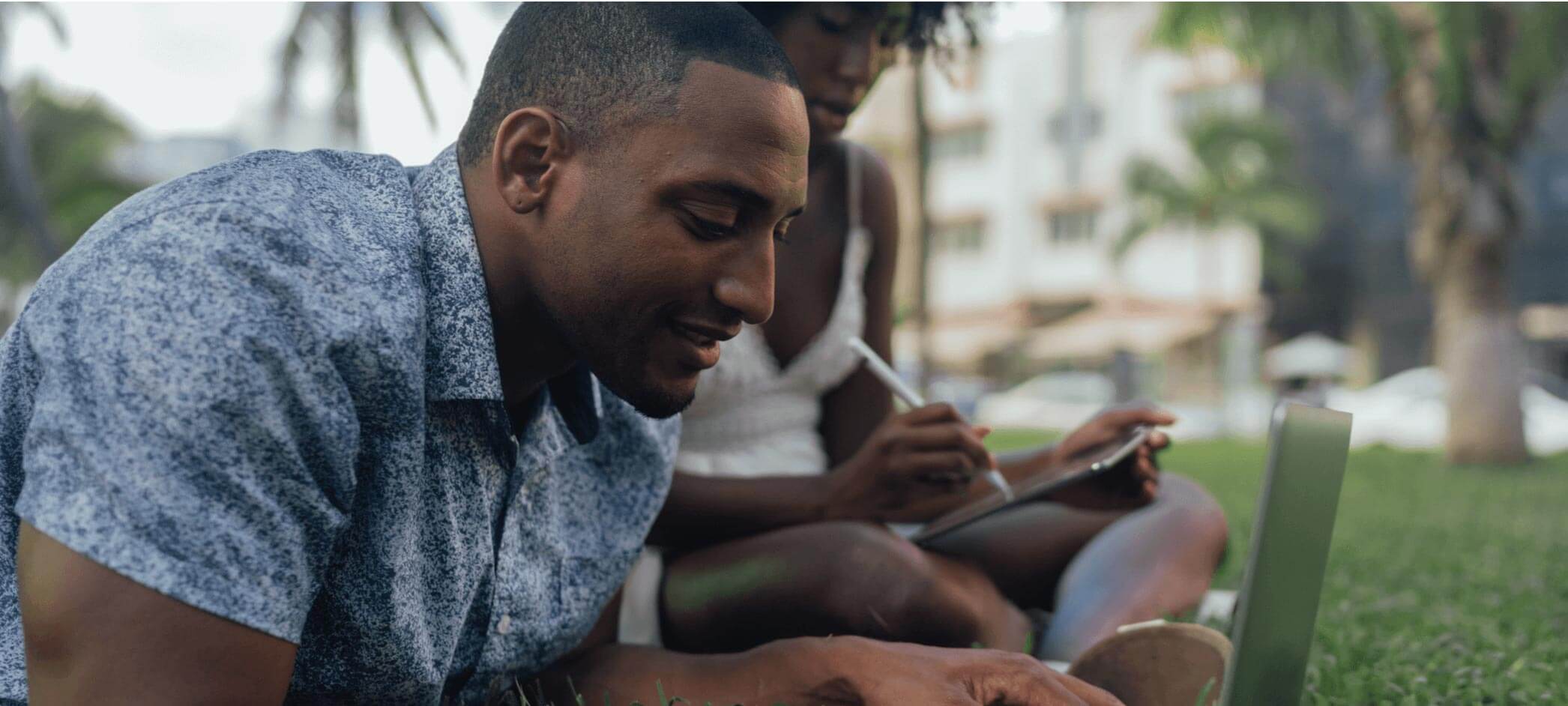
Severe Low Blood Sugar Is Real
What Is Low Blood Sugar?
Low blood sugar, or hypoglycemia, is when the amount of sugar in your blood drops below a certain blood sugar level. For most people, low blood sugar is below 70 mg/dL (milligrams of sugar per deciliter of blood).
Low Blood Sugar Can Be Mild, Moderate, or Severe
In general, low blood sugar comes in three stages: mild, moderate, and severe. However, it does not always follow a clear, orderly pattern. You may “jump stages” or move from mild, to moderate, to severe in a matter of minutes, so it is very important to recognize early and treat at any stage.
Severe low blood sugar, also known as very low blood sugar, is when you are unable to self-treat and need help from someone else to recover. You may be conscious or unconscious.

For example, this could be when you:
- Need help from a family member to get juice out of the refrigerator but it is hard finding the words to ask
- Feel confused, clumsy, or weak due to low blood sugar, and are unable to think clearly or help yourself
If you are thinking “that has happened to me”, you are not the only one. Being unable to treat yourself is what makes a low blood sugar event severe.
What are the Early Warning Signs and Symptoms of Severe Low Blood Sugar?
If left untreated, severe low blood sugar can cause serious harm. This is why it’s important to recognize early warning signs, including:
Common Early Warning Signs

Trembling

Pounding Heart
 Sweating
Sweating

Anxiety

Hunger
When you don’t have enough sugar in your blood, all parts of your body can be affected, including your brain. Symptoms that can happen when your brain doesn’t get enough blood sugar include:
Common Symptoms Caused by Lack of
Enough Blood sugar in the Brain

Difficulty concentrating

Confusion

Weakness

Drowziness or dizziness

Vision changes

Difficulty speaking
Take a moment to think about the signs and symptoms that you may have experienced, which may or may not be the same as those listed above.
Some people may have multiple signs or symptoms, while others may have minimal or no signs or symptoms until it becomes an emergency. In some cases, especially in people who are unaware their blood sugar is dropping low, caregivers or loved ones may spot signs and symptoms before the person having them does.
Signs and symptoms can also be different between one severe low blood sugar event to another – you may feel confused during one severe low and irritable during a different low.
Review Your Knowledge
Learn More About Severe Low Blood Sugar
References
- 1International Hypoglycaemia Study Group. Diabetes Care. 2017;40:155-157.
- 2International Hypoglycaemia Study Group. What is hypoglycaemia? https://ihsgonline.com/what-is-hypoglycaemia/. Accessed November 1, 2021
- 3American Diabetes Associated Workgroup on Hypoglycemia. Diabetes Care. 2005;28(5):1245-1249.
- 4Edridge CL, et al. PLoS ONE. 2015;10(6):e0126427.
- 5American Diabetes Association. Diabetes Care. 2021;44(1):S73-S84.
- 6Edelman SV. Diabetes Educ. 2014;40(3):269-279.
- 7Frier BM. Nat Rev Endocrinol. 2014;10(12):711-722.
- 8International Hypoglycaemia Study Group. Diagnosis of hypoglycaemia. https://ihsgonline.com/diagnosis/. Accessed November 1, 2021.








